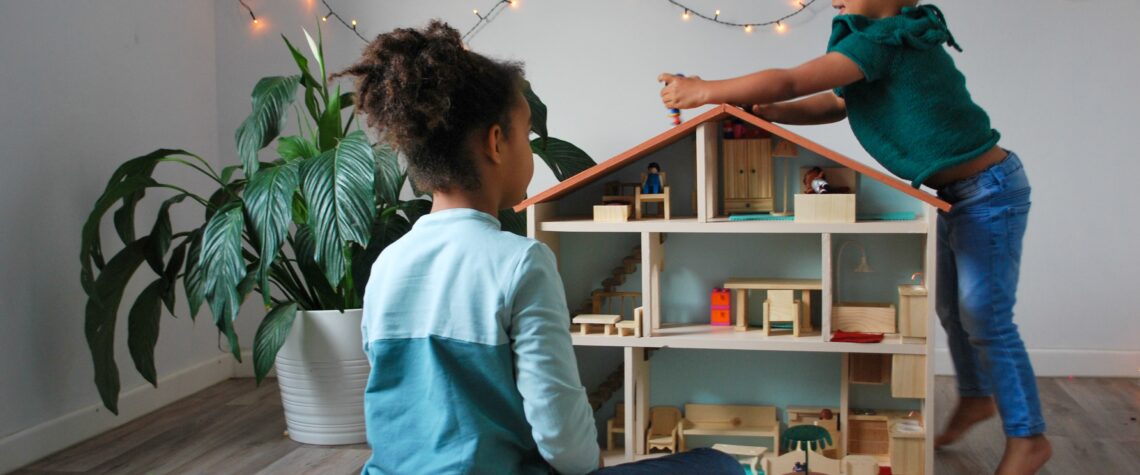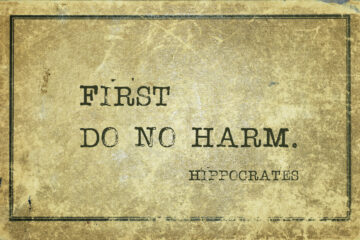My daughter turned three last month. Since I have a crafty, creative cousin who refabs out-of-style pink-and-tan dollhouses into Pinterest-worthy neutrals-wood-and-brick dreamhouses, we decided to select one for our daughter to populate with tiny chairs and a family of hipster hedgehogs.
What I quickly learned watching her play with it was she took control of her space. My toddler didn’t seem to want to arrange the furniture just so and then stare at it. She wanted to make the hedgehogs bounce from room to, uh, roof. She didn’t seem to want to use the tiny coffee maker and miniature waffle maker to set a brunch table with a weeny teeny vase of flowers, either. The nerve!
As a metaphor for “control over my space,” the dollhouse might be lacking. But many parents live this conflict daily in their children’s treatment of our full-scale homes. It’s true; most parents aren’t asking a lot: no clothes on the floor, no Lego minefield for our feet, and wash the toothpaste down the sink drain. Please. And yet, there are hedgehogs on the roof.
When it comes to home, control over my space is a vital concept. Everyone deserves to feel safe at home. For kids in foster care, especially, their place of residence has rarely been a safe place. Although I would never diminish the devastating impact of abuse, neglect is actually the most common reason a child enters the foster care system. At best, these children were unable to rely on the adults who should have been meeting their needs.
I was reminded recently of the layered concept of home when a new child told me, “Your house is so ugly. I hate it here.” When we talked a little bit about what we could do to make the space feel more familiar, the bottom line became quite clear: my mommy isn’t here. What an eye-opening definition of “home,” particularly when the Target app would lead us to believe it’s primarily about having seasonally appropriate throw pillows.
Giving a child “control over their space” can be both easy and difficult to achieve. Sometimes, it’s letting a kid hang posters contrary to our aesthetic or allowing them to fill the environment with music we don’t understand. You’ll have to strike the unique balance for your family of boundaries and freedom.
Foster parenting means caring for kids with trauma in their backgrounds, and childhood trauma often leads to both a lack of self-control and a fear of not being in control. The tension of maintaining safety for a child who typically demonstrates no self-restraint and yet genuinely fears adult control is a tightrope.
Learning to help kids be in control and under control without taking away their sense of ownership is a healthy part of parenting, and it evolves as children age.
Kelley Rose Waller and her husband are Pennsylvania foster parents. She is the author of two novels, The Senator’s Youngest Daughter and Going Back Cold. Kelley is Vice President of a marketing firm. Her goal is to live, work, and write to glorify the name of Jesus Christ. www.kelleyrosewaller.com













